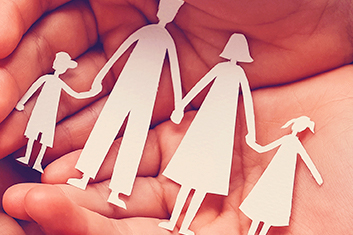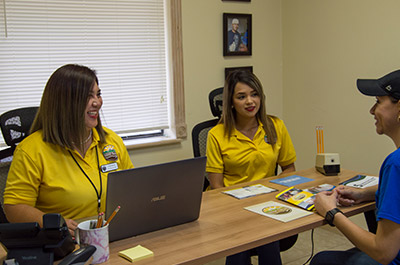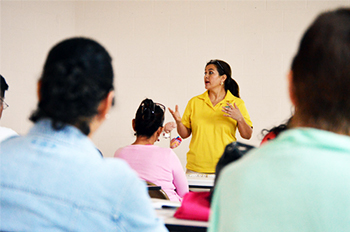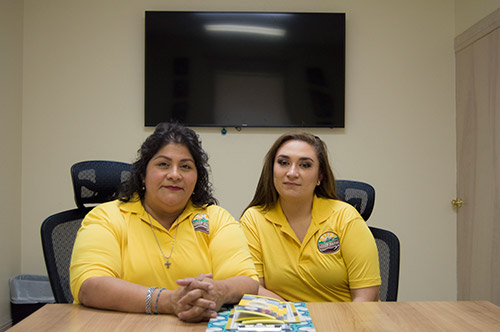News & Updates
Familismo & Fatalismo: How Cultural Beliefs Affect Health Care
Diabetes is a chronic disease that affects millions of Americans. In addition to everyday tasks, people with diabetes require self-management of daily glucose levels, meals, physical activity, and medication to keep healthy. Hispanic/Latinos are the largest non-white group in the United States and have the highest rates of Diabetes as compared to other ethnic groups; this can be related to the lack of healthcare, genetics, obesity rates, insulin resistance, lower economic status, and sociocultural factors.
News & Updates
Familismo & Fatalismo: How Cultural Beliefs Affect Health Care
Diabetes is a chronic disease that affects millions of Americans. In addition to everyday tasks, people with diabetes require self-management of daily glucose levels, meals, physical activity, and medication to keep healthy. Hispanic/Latinos are the largest non-white group in the United States and have the highest rates of Diabetes as compared to other ethnic groups; this can be related to the lack of healthcare, genetics, obesity rates, insulin resistance, lower economic status, and sociocultural factors.
Blog Topics
Our Program, Navigator, Makes a Big Impact in the Rio Grande Valley
Of all the areas that MHP Salud operates in, our agency recognized that there was the greatest need for insurance enrollment assistance in the Rio Grande Valley of Texas. Not only are there many uninsured individuals in the area, but environmental challenges unique to the region create additional challenges for people navigating the often complex insurance process to connect to care.
Announcing Unity Conference 2019!
The Department of Public Health with assistance from the Institute for Disability Studies at The University of Southern Mississippi, supported by the Boston University Center for Innovation in Social Work and Health, MHP Salud, and Community Resources LLC, announces Unity Conference 2019: The 20th Anniversary of the National Conference For and About Community Health Workers
Community Health Workers in Michigan, A Historic Look at the Rise of the Profession
The first Community Health Workers in Michigan were trained in the 1960s to provide services to their communities. Around this time, the federal government began providing funding for community-based programs that used CHWs to reach underserved communities. Community Health Workers in Michigan and across the country began having an impact on the national level when in 1978, CHWs formed the New Professionals Special Primary Interest Group in the American Public Health Association (APHA).
Our Program, Navigator, Makes a Big Impact in the Rio Grande Valley
Of all the areas that MHP Salud operates in, our agency recognized that there was the greatest need for insurance enrollment assistance in the Rio Grande Valley of Texas. Not only are there many uninsured individuals in the area, but environmental challenges unique to the region create additional challenges for people navigating the often complex insurance process to connect to care.
Announcing Unity Conference 2019!
The Department of Public Health with assistance from the Institute for Disability Studies at The University of Southern Mississippi, supported by the Boston University Center for Innovation in Social Work and Health, MHP Salud, and Community Resources LLC, announces Unity Conference 2019: The 20th Anniversary of the National Conference For and About Community Health Workers
Community Health Workers in Michigan, A Historic Look at the Rise of the Profession
The first Community Health Workers in Michigan were trained in the 1960s to provide services to their communities. Around this time, the federal government began providing funding for community-based programs that used CHWs to reach underserved communities. Community Health Workers in Michigan and across the country began having an impact on the national level when in 1978, CHWs formed the New Professionals Special Primary Interest Group in the American Public Health Association (APHA).








